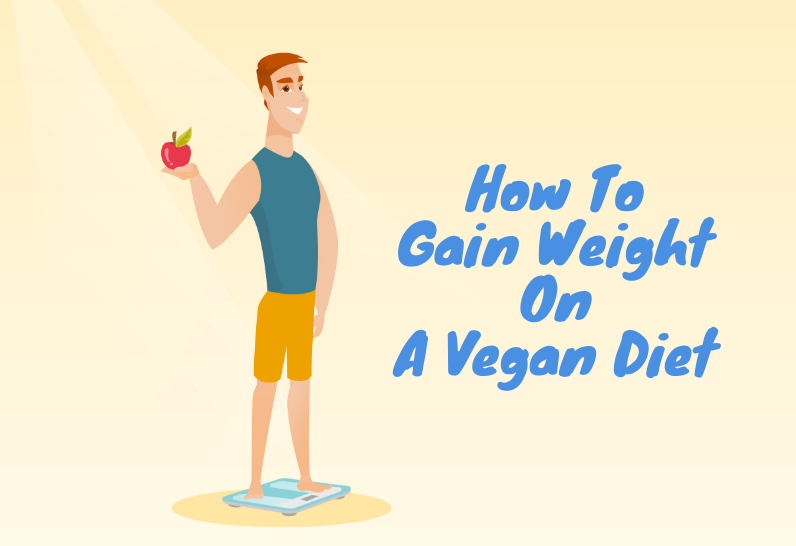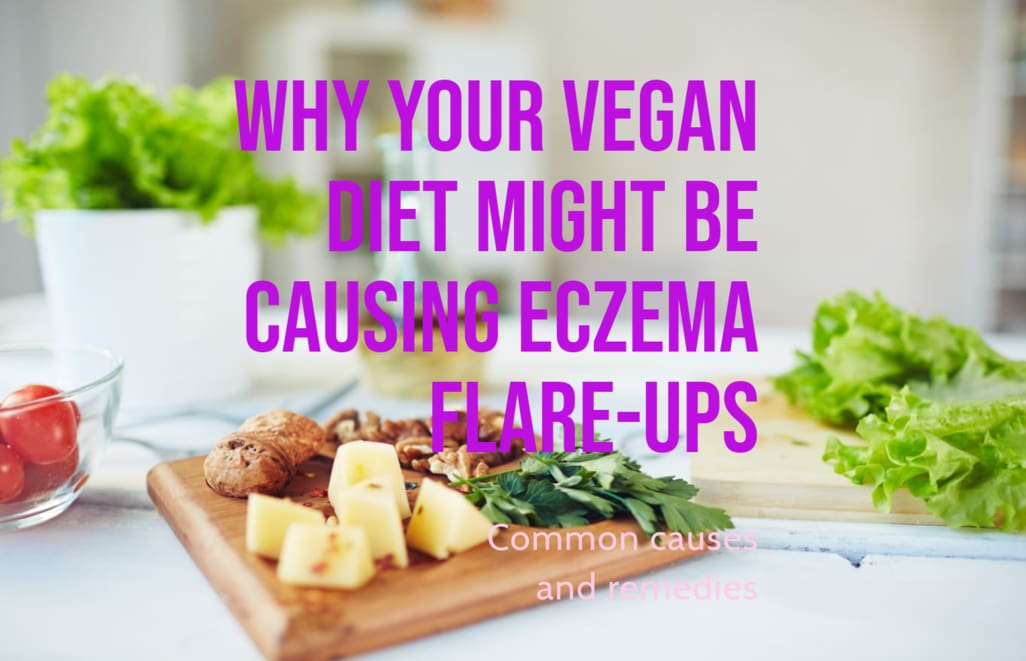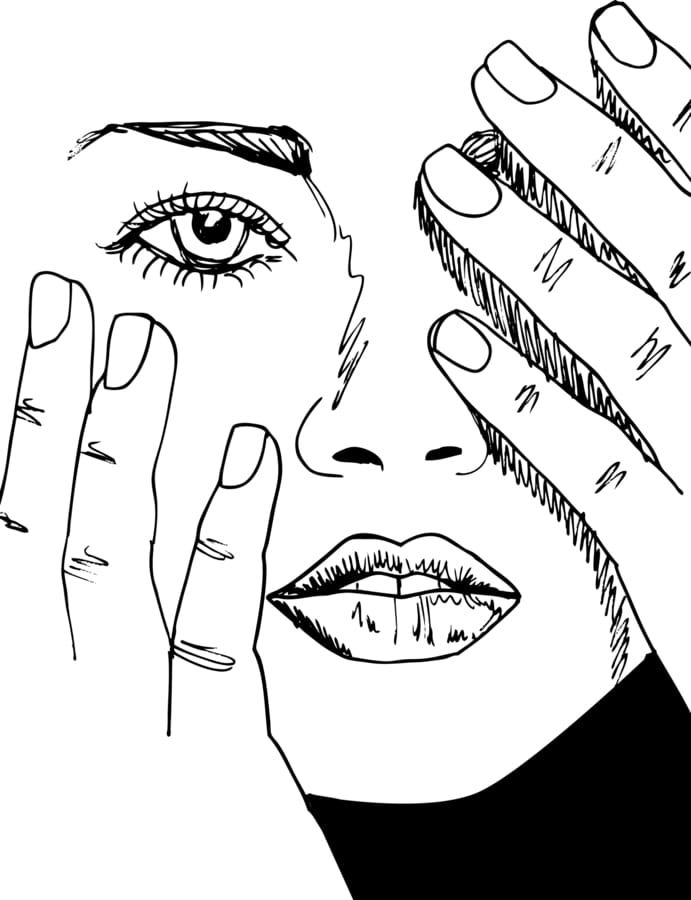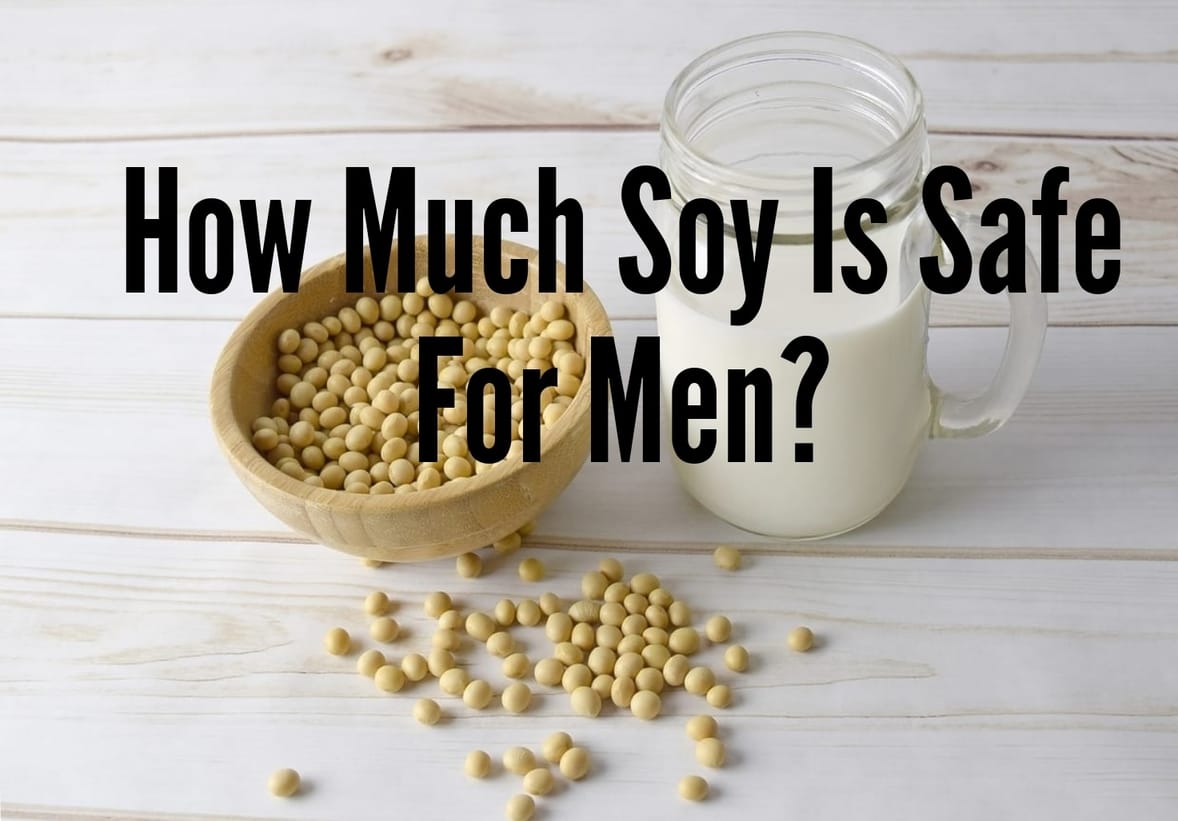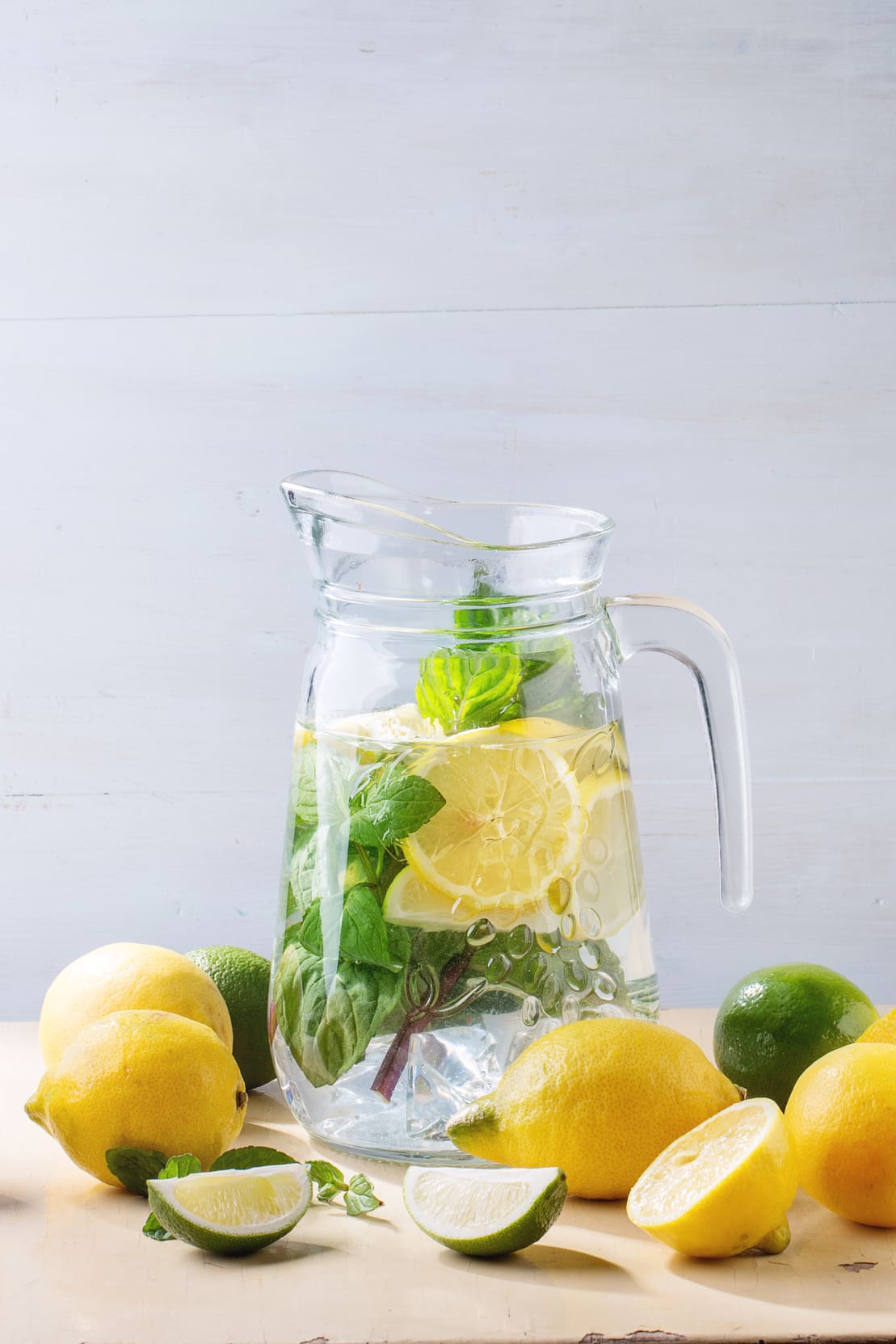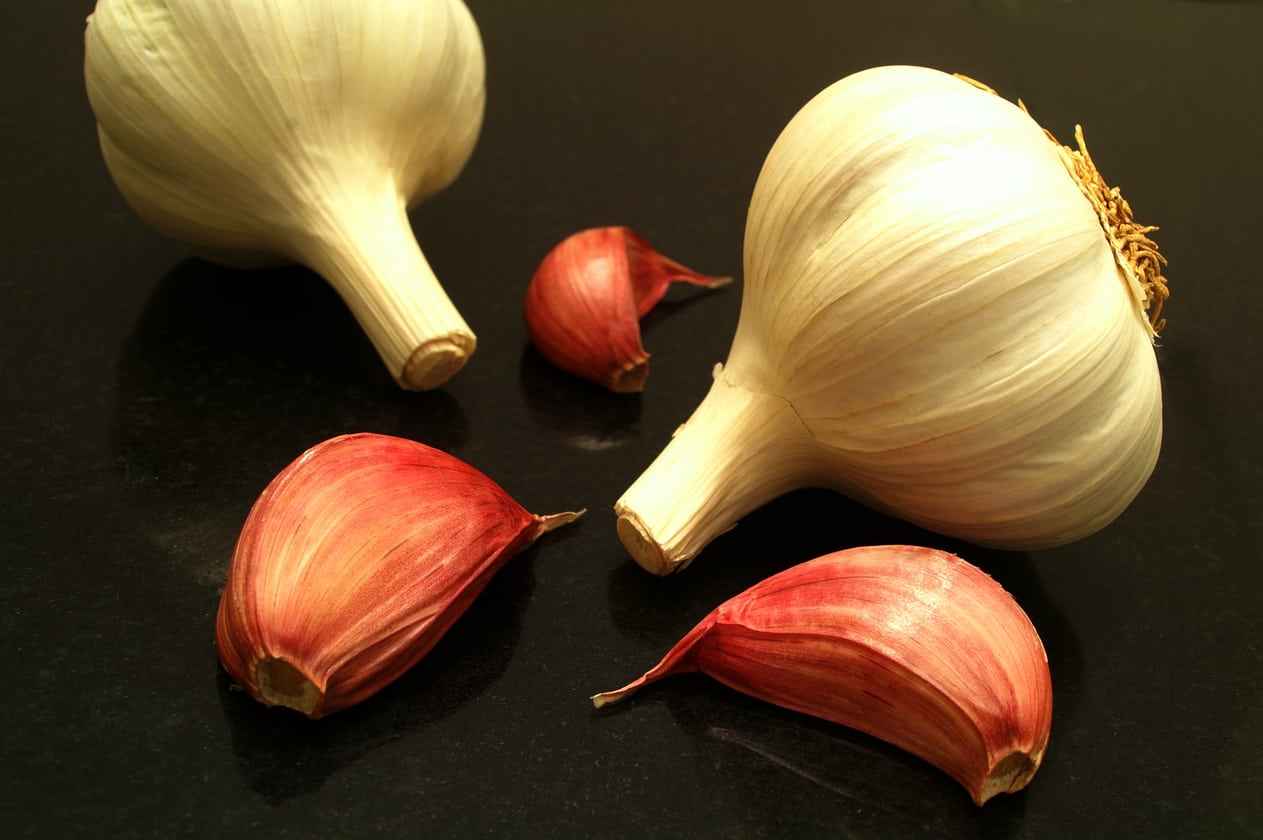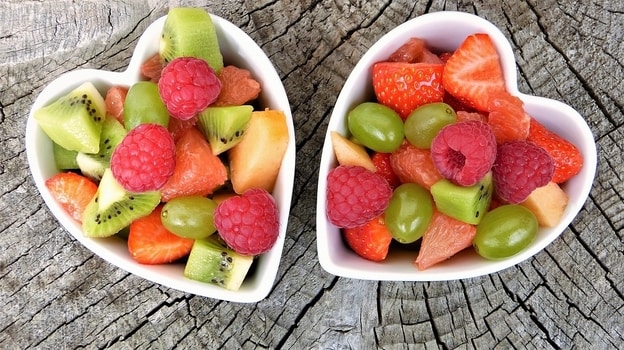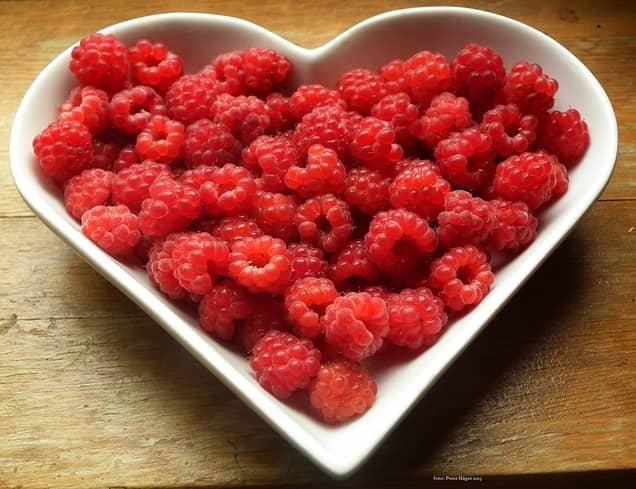Disclosure: This article may contain affiliate links. If you decide to make a purchase, I may make a small commission at no extra cost to you.
One of the benefits of being a vegan is that your blood pressure is likely to decrease by a lot. Naturally, when you eat a plant-based diet, your calorie intake will usually decrease without you even thinking about it, and so will your waistline.
When blood pressure is low but you have no symptoms associated with it, this can be a very good thing. In fact, you’re more likely to live longer than average due to the fact that cardiovascular disease is one of the biggest causes of death in middle and old age.
When I started to eat a healthy diet (containing mostly plant foods) my blood pressure decreased to about 90/60. This is very low and comparable to the blood pressure of 10-year old.
What normally happens is your body will adapt and you will not develop symptoms from having blood pressure as low as this. While some people will develop a problem called “orthostatic hypotension”.
Orthostatic hypotension is a problem when you’re sitting or lying down and then you get up and start feeling light-headed and dizzy – even fainting in severe cases!
Sometimes medications are the cause of orthostatic hypotension, but it may also be due to blood loss, anemia, and even supplements.
The signs of low blood pressure
Here are some of the main symptoms associated with having too low blood pressure.
- Dizziness
- Feeling lightheaded
- Feeling dizzy and faint when getting up from a seated or lying position
- Blurred vision
- Nausea
- Lack of energy
- Fantaing
Low blood pressure falls into the range of 90/60 and below. Whereas normal blood pressure is between 90/60 to 120/80.
Studies show that heart disease risk can start increasing after your systolic blood pressure increases beyond 115. Anything below this isn’t likely to significantly decrease your risk of heart disease.
It’s quite common for people on calorie restriction or a low-calorie vegan diet to have blood pressure readings as low as 90/60 to 100/60.
Most people who maintain a blood pressure between these ranges will not show any negative symptoms, but if you are, then there could be a few causes, and not always just because of blood pressure.
Therefore it’s crucial that you get evaluated by a doctor to find out the reason for your symptoms and if there is any medical condition which is causing the dysregulation of blood pressure.
How to deal with blood pressure that is too low on a vegan diet
Assuming the doctor has given you the “all clear” and you’re a healthy bunny, then there are some ways that you can increase your blood pressure.
1. Increase calorie intake
A low-calorie diet is very effective in reducing blood pressure to very low levels. One way to help you increase your blood pressure reading is by simply eating more calories. Aim to increase your body weight a little by increasing calorically dense foods in your diet.
See my article on how to gain weight as a vegan and how to not lose weight for further information.
2. Increase salt intake
This isn’t something that is often recommended because most people have the opposite problem and are trying to lower blood pressure.
In your case, since you’re suffering from symptoms related to low blood pressure, increasing salt in your diet can be helpful. Perhaps you can try adding a bit of sea salt to your meals.
3. Decrease potassium-rich foods
Check out the amount of potassium you’re consuming in your diet by using tools such as CRON-O-METER.
If you’re eating a plant-based or raw food diet, you’re likely getting a large amount of potassium and this can sometimes cause problems, especially if salt intake is low as well.
4. Increase caffeine intake
If you enjoy a cup of coffee, then why not add it back to your diet. Coffee is not as bad as people make it out to be! Studies show that coffee may actually be beneficial for health when consumed moderately.
One thing to remember when it comes to drinking coffee though is to stop drinking at least 6 hours before bedtime. Drinking caffeinated drinks at night can cause sleep loss and poor quality sleep, even if you don’t think you were affected.
See my article on caffeine at bedtime.
5. Try licorice tea or take licorice supplements
Licorice is well known to increase blood pressure significantly when consumed in large amounts as candy or taken as a supplement.
Studies have shown that glycyrrhizin taken daily for four weeks is able to increase systolic blood pressure by 14.4 mm/Hg.
When using licorice to increase blood pressure, make sure that you are monitoring your blood pressure.
Licorice can be healthy in moderate amounts. However, men should be aware that large amounts of licorice can significantly decrease total testosterone.
These effects disappear within a few days after discontinuing the supplement.
6. Try bitter orange to raise blood pressure
Bitter orange supplements are used to help suppress appetite, improve digestion, but they can also cause blood pressure to increase.
There have been warnings about people who are at risk of high blood pressure to avoid bitter orange supplements.
You could this supplement to see what effects it has on blood pressure.
Once again, carefully monitor blood pressure and speak with your doctor, especially if you’re taking any medications.
7. Increase fluid intake
Dehydration can cause low blood pressure and can easily be solved by simply increasing fluid intake during the day.
Do you often find that your symptoms are worse during the summer? Perhaps this is because you’re becoming dehydrated.
Although plant-based foods contain a lot of water content, you should also regularly consume water, tea and other liquids (non-alcoholic) to remain hydrated during the day.
8. Support adrenal function
The adrenal glands are important in helping regulate blood pressure. Due to stress and other factors, adrenals can become fatigued.
Increase intake of Vitamin C, Magnesium, B5, B6, and B12.
Other supplements which may be useful for supporting adrenal function are licorice root, ginseng, ashwagandha, and maca root.
Identify and reduce the intake of foods that lower your blood pressure too much
You don’t have to go crazy here and start removing everything from your diet, but it might be worth taking a look at your diet to see if you’re consuming too much of something which may be lowering your blood pressure.
We already know that a vegan diet is very effective at lowering blood pressure, so here’s a list of foods to watch out for:
- Garlic and onions
- Dark chocolate
- Bananas
- Red Beets
- Leafy greens (spinach, kale, romaine lettuce etc).
Again, to make it clear: I’m not recommending that you completely remove these foods from your diet, but if you’re drinking lots of green smoothies or highly concentrated juice, then perhaps aim for more variety instead.
Check your supplement stack
Supplements can be very useful in lowering blood pressure, but if your blood pressure is already low, then it may cause some issues.
There are countless supplements out there so it’s difficult to name them all, but do some research on the supplements you’re taking and see if you can identify one that might be contributing to the problem.
Conclusion
Maintaining a healthy low blood pressure can be a very positive thing for your health as long as you aren’t suffering any symptoms associated with it.
Sometimes there are things you can identify that are causing the problem, but not always.
If you’re on a vegan diet and your blood pressure is too low, try the things I mentioned above to see if it helps resolve your issue.
However, if you haven’t seen a doctor already, I highly recommend you get some basic blood tests done to check for any issues.
